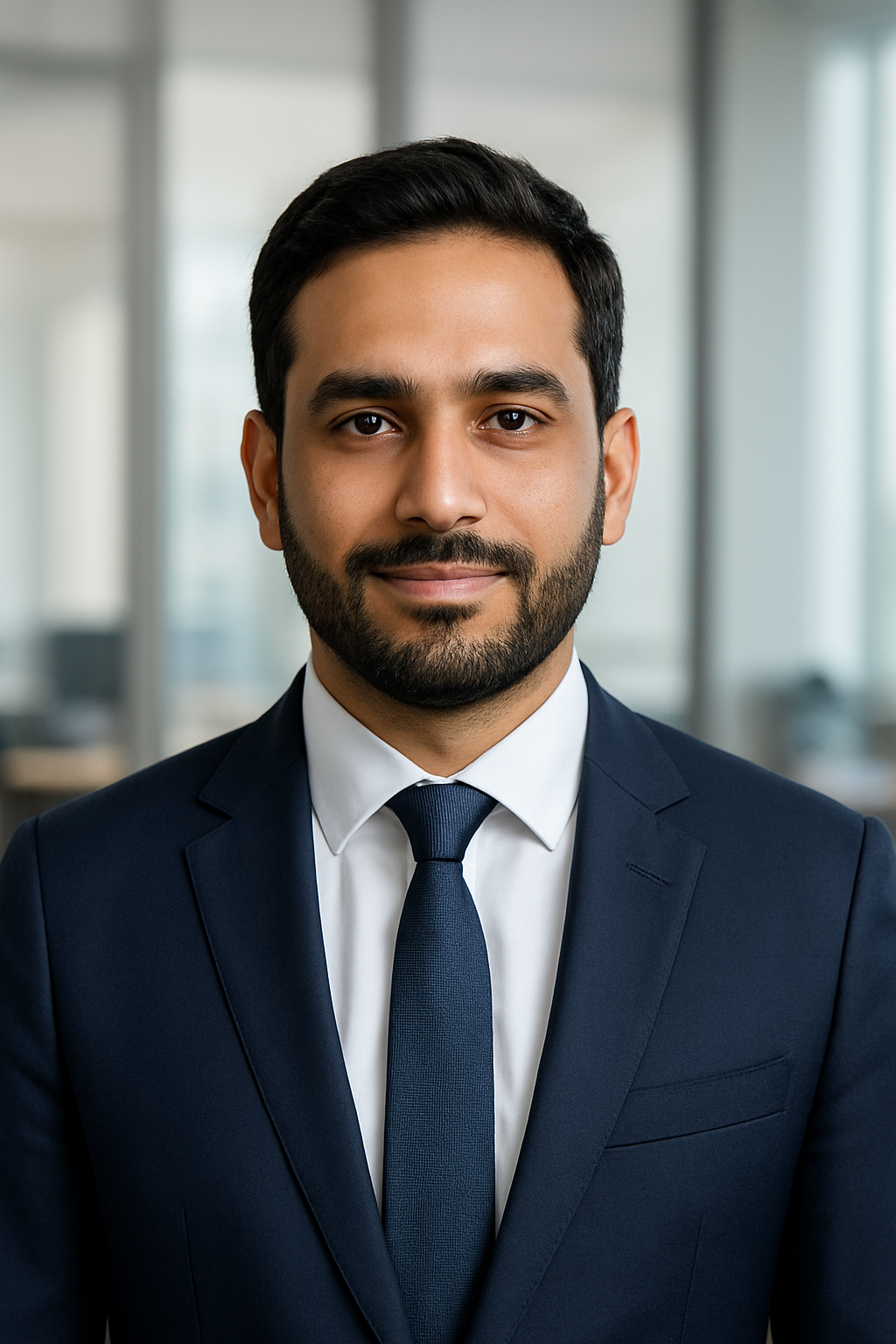Under the esteemed patronage of H.E. Eng. Sultan bin Saeed Al Mansouri, Minister of Economy and Chairman of ESMA, the event was inaugurated by H.E. Abdulla Al Maeeni, Director General of ESMA.
Dubai, UAE: At the 5th Global Halal Industry Platform, H.E. Dr. Rehab Al Ameri, Secretary-General of the International Halal Accreditation Forum (IHAF), emphasized the critical need for establishing ISO-level halal standards to harness the potential of the Islamic economy. According to the Global Islamic Economy Report 2019/2020, this sector is projected to grow to $3.2 trillion (AED 11.7 trillion) by 2024.
The platform brought together hundreds of government representatives, experts, and stakeholders from across the globe to address the challenges and opportunities within the international halal economy. In her address, H.E. Dr. Al Ameri underscored the significance of advancing ISO-level halal standards, particularly as halal products gain traction among businesses aiming to serve the needs of 1.2 billion Muslim consumers worldwide, as well as a growing number of non-Muslim consumers.
“Today, we take pride in witnessing the widespread adoption of halal standards by nations seeking to access new markets and cater to the rising Muslim population, alongside non-Muslim consumers who increasingly prefer halal products. Governments worldwide have initiated efforts to bolster the halal industry, resulting in market expansion, facility upgrades, research and development, technological advancements, and enhanced marketing and promotion,” she stated.
The Secretary-General highlighted that the development and global harmonization of ISO-level halal standards are vital to safeguarding the interests of halal consumers and fostering international trade in halal products.
“Harmonizing halal standards will not only remove trade barriers but also streamline international trade relations, fostering economic growth and creating opportunities for halal products to access new markets globally,” she added.
Since its establishment nearly four years ago, IHAF has grown significantly, now comprising 37 member bodies and 34 member countries. This expansion reflects the increasing global recognition of the importance of halal standards.
H.E. Dr. Al Ameri also noted the rapid evolution of the halal food sector over the past year, driven by technological advancements and the emergence of halal hubs. Innovations such as apps connecting consumers with halal restaurants and brands, as well as traceability platforms linking producers, auditors, and certifying bodies, have revolutionized the industry.
IHAF Member Countries (in alphabetical order):
Argentina, Australia, Belarus, Brazil, Bulgaria, Colombia, Costa Rica, Egypt, Hungary, India, Indonesia, Italy, Jamaica, Japan, Jordan, Kazakhstan, Kuwait, Kyrgyzstan, Libya, Mexico, Morocco, New Zealand, Nigeria, Pakistan, Philippines, Republic of Korea, Kingdom of Saudi Arabia, Spain, Sudan, Thailand, United Arab Emirates, United Kingdom, and the United States of America.
IHAF Member Bodies (in alphabetical order):
- Accreditation & Standardization System (JAS)
- American Association for Laboratory Accreditation (A2LA)
- American National Standards Institute (ANSI)
- Egyptian Accreditation Council (EGAC)
- Emirates International Accreditation Center (EIAC)
- Entidad Mexicana de Acreditación, A.C. (EMA)
- Emirates National Accreditation System (ENAS)
- GCC Accreditation Centre (GAC)
- Italian National Accreditation Body (ACCREDIA)
- Joint Accreditation System of Australia & New Zealand (JAS-ANZ)
- National Accreditation Board for Certification Bodies (NABCB)
- National Accreditation Authority (NAH)
- Pakistan National Accreditation Council (PNAC)
- Saudi Accreditation Committee (SAC-KSA)
- Spanish National Accreditation Body (ENAC)
- United Kingdom Accreditation Service (UKAS)
- National Bureau of Agricultural Commodity & Food Standards (NSC/ACFS)
- International Accreditation Service (IAS)
- Jamaica National Agency for Accreditation (JANAAC)
- Libyan Accreditation Center (LAC)
- Moroccan Accreditation Services (SEMAC)
- National Center for Accreditation (NCA)
- Nigeria National Accreditation Service (NINAS)
- Philippine Accreditation Bureau (PAB)
- Accreditation Affairs Section – Public Authority for Industry (KAAS)
- Argentine Halal Accreditation Agency (OAA)
- Development of Accreditation Programs (Didac) in National Metrology, Quality, and Technology (Inmetro)
- Federal Service for Accreditation (RusAccreditation)
- Komite Akreditasi Nasional (KAN)
- Kyrgyz Center for Accreditation (KCA)
- National Accreditation Body of Colombia (ONAC)
- Belarusian State Center for Accreditation (BSCA)
- Costa Rican Accreditation Body (ECA)
- Executive Agency – Bulgarian Accreditation Service (EA-BAS)
- Japan Accreditation Board (JAB)
- Korea Accreditation Board (KAB)
- Sudanese Accreditation Council (SDAC).
About the International Halal Accreditation Forum (IHAF):
The International Halal Accreditation Forum (IHAF) is an independent, non-governmental network of accreditation bodies dedicated to enforcing halal standards in their respective countries and regions. As the world’s first international halal accreditation network, IHAF is headquartered in the UAE and operates under the guidance of the Dubai Islamic Economy Development Center (DIEDC) and the Emirates Authority for Standardization and Metrology (ESMA).
IHAF’s mission is to protect the interests of halal consumers and facilitate global halal trade by establishing a robust framework for the halal industry. By fostering collaboration among regional and international organizations, IHAF aims to create a resilient, reliable, and consumer-responsive halal sector that meets the needs of businesses and consumers worldwide.
Go to Homepage

Anas AlQahtani is a seasoned job consultant and content writer at IHAForum.ae, bringing over 10 years of experience in the UAE and Saudi job markets. Known for his practical guidance and industry insights, Anas helps job seekers make confident career choices while supporting employers in finding the right talent. His work at IHA Forum focuses on empowering candidates with clear, reliable, and actionable career advice.